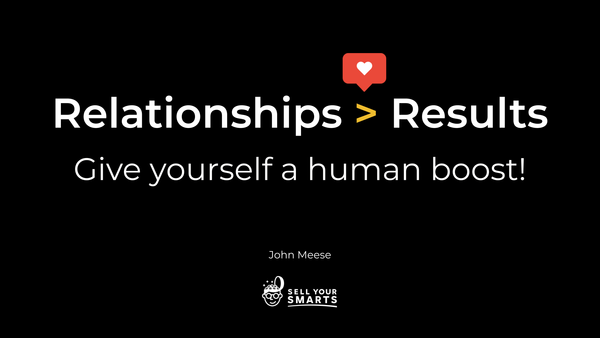Show Me The Money 💸
I was so confused the first time I started using the personal budgeting app YNAB (You Need A Budget).
There was nowhere to enter how much money I expected to make this month, and when I started listing upcoming expenses, YNAB quickly flagged me as over budget, in the red!
I poked around a bit before I discovered that this was entirely by design because YNAB helps you budget based on money you actually have in your bank account, right now. Not money you plan to have, or money you expect to have in the future, but money that you actually have.
The key to building a profitable business in any economy is running a business that has both adaptability and predictability built in. If you make financial decisions based on real results after they happen, you have a built-in runway to adapt as your results change.
Instead of hiring or expanding operations based on your projections or goals, hire and expand once you've generated revenue to cover the cost in your bank account.
YNAB Founder, Jesse Mecham, explains their approach this way,
“You aren’t stressed because you’re not living on the financial edge. No more wasting time and energy timing bills to a specific paycheck. When a bill comes, you just pay it. The result? Breathing room. Less focus on today and more on tomorrow means bigger thinking, better decisions, and chiseled abs (it’s possible!).”
That approach is a bit unusual, but it’s actually very simple, and it makes sense.
It might explain why YNAB is much more than a simple piece of software; they have amassed a loyal following with tens of thousands of customers who credit YNAB with their financial freedom and peace of mind.
Up until I started using YNAB myself, I realized that I was playing prophet with my financial future, creating a budget based on the money I planned or hoped to earn each month.
The truth is that until money is in your bank account, it’s not yours. The same is true in your business. Are you making financial decisions based on reality or on hope?
In your business or personal life, what would you do if an unexpected major expense came up, a payment was late, or there was simply a glitch in the bank transfer system? Would you be able to adjust your expenses comparatively or would you have already committed to spending based on the money you expected to take in?
The Problem with Prophecies
Most business owners make financial decisions based on their goals (with a bit of prophecy sprinkled in), hiring or expanding based on what they expect to generate in revenue this quarter or year.
In good times, that doesn’t seem like a problem. It’s exhilarating to map out a product launch, generate six- or seven-figures in revenue, and then do a little happy dance as you watch the dollars accumulate in your bank account! But it’s risky.
Even in good times, sometimes product launches simply go wrong. It’s depressing to spend tens of thousands of dollars on a product launch that bombs and makes almost no money but leaves you footing the promotional bill.
The key to building a profitable business in any economy is running a business that has both adaptability and predictability built in.
If you make financial decisions based on real results after they happen, you have a built-in runway to adapt as your results change. If something changes in your market, or an economic crisis sneaks up on you, you’ll have room to adapt.
Running businesses based on financial prophecy was always a bit dangerous, but this became devastating when 2020's Great Reset hit. Many businesses had already spent or committed huge expenses based on expected revenue and were left hanging onto a negative ledger right away.
After just a few weeks of economic downturn, 32% of small business owners started missing loan payments including many massive "untouchable" corporations.
Panera Bread, Victoria’s Secret, and Barnes & Noble simply stopped paying rent.
As Warren Buffett refers to moments like these,
“You only find out who is swimming naked when the tide goes out.”
Nobody likes feeling vulnerable, and exposed, so it’s time we all took stock and asked ourselves how we make financial decisions.
Are you spending money based on what you hope to earn or based on what you already have?





